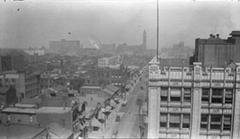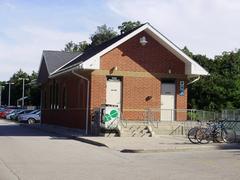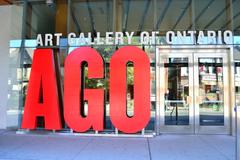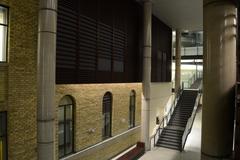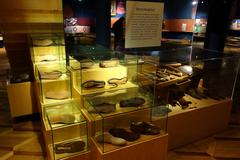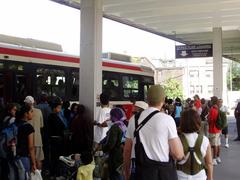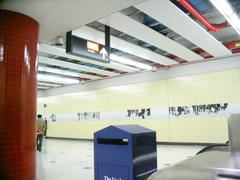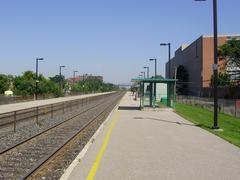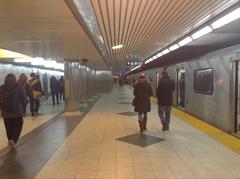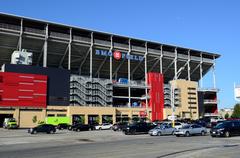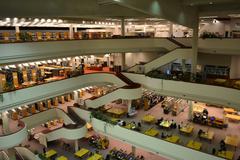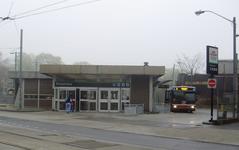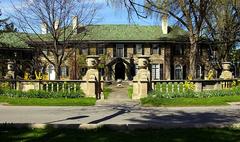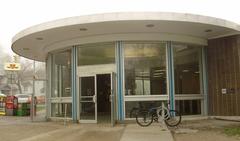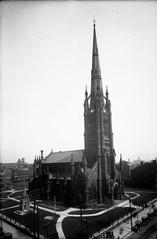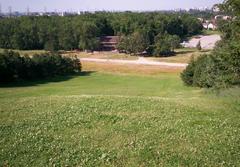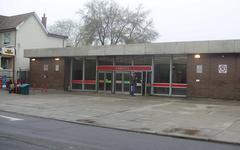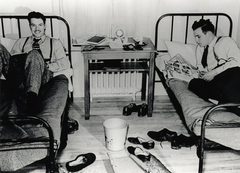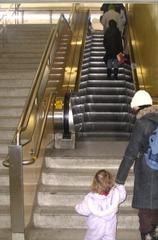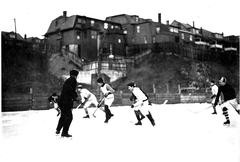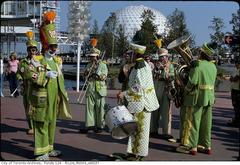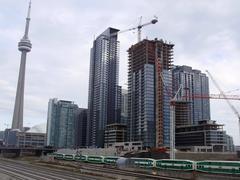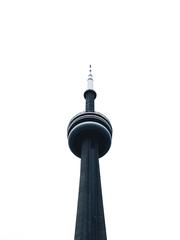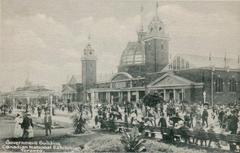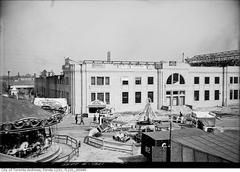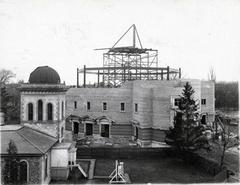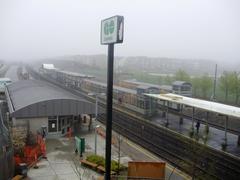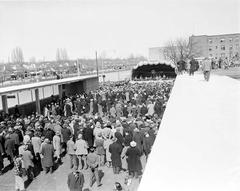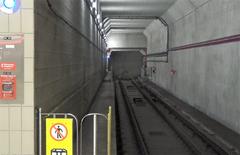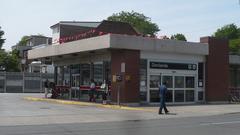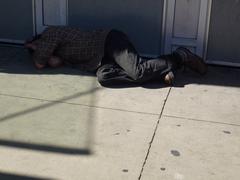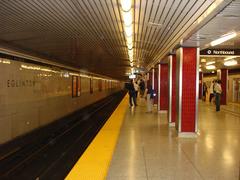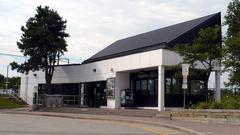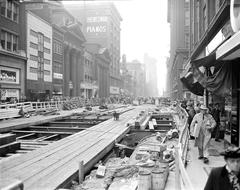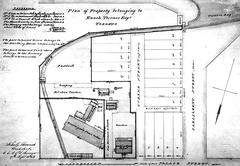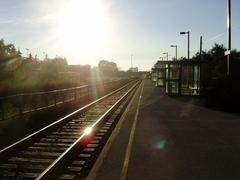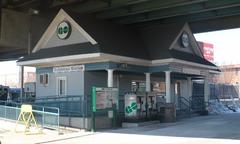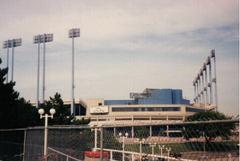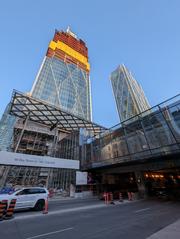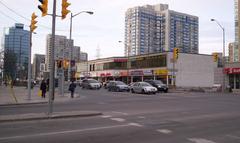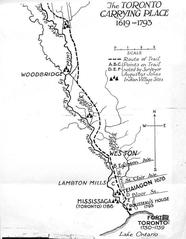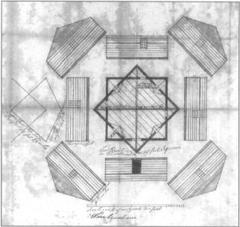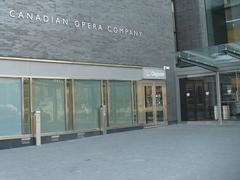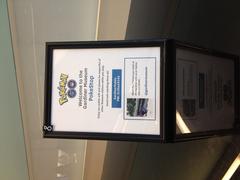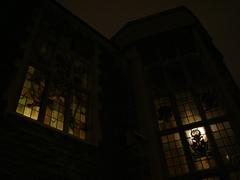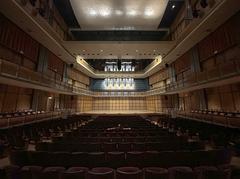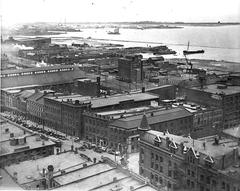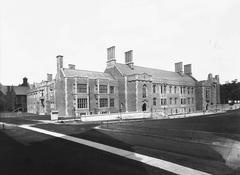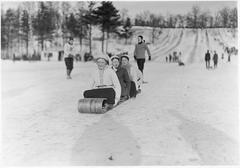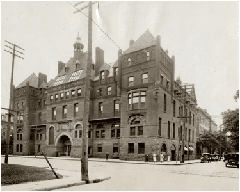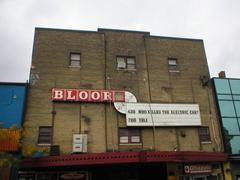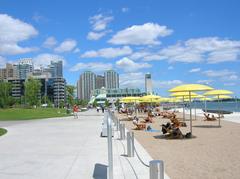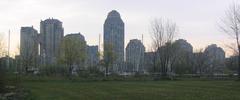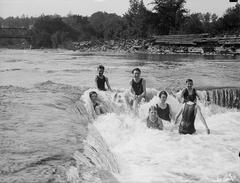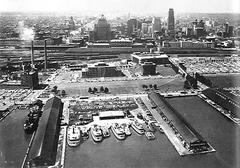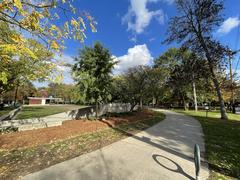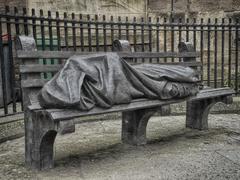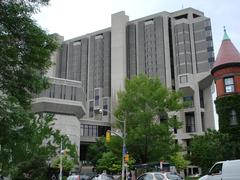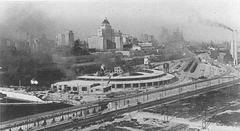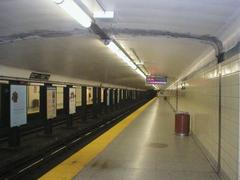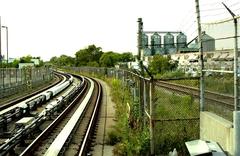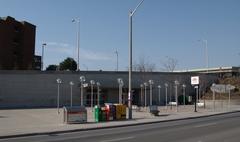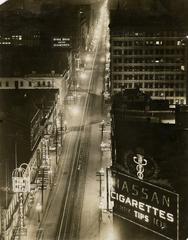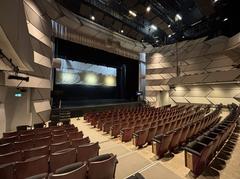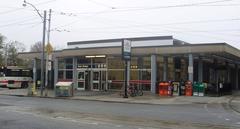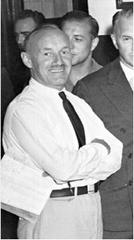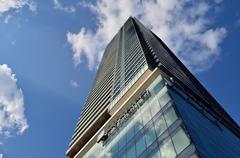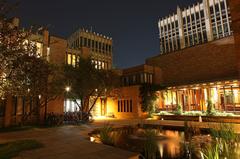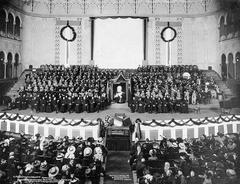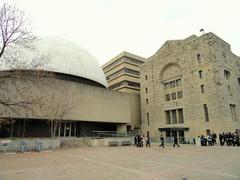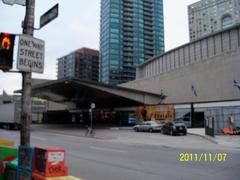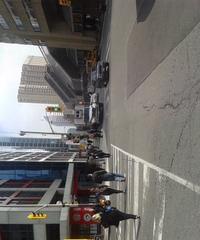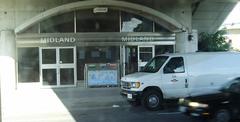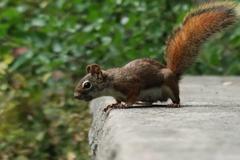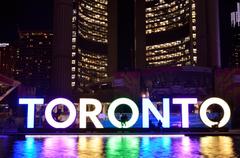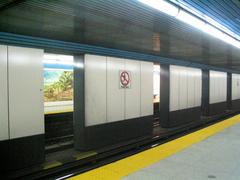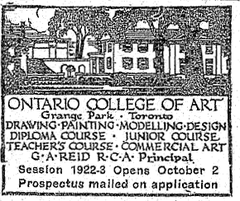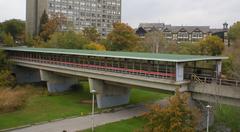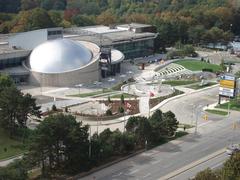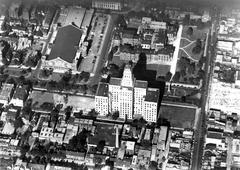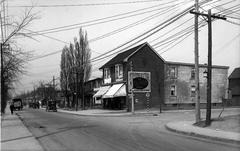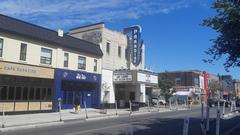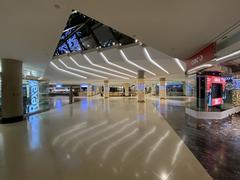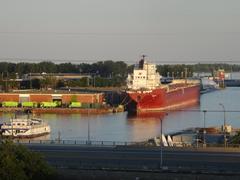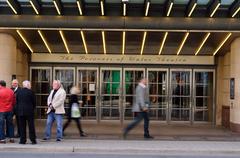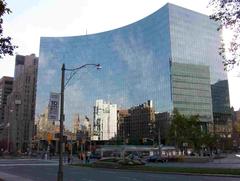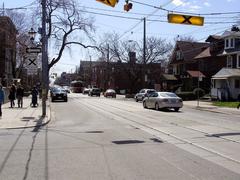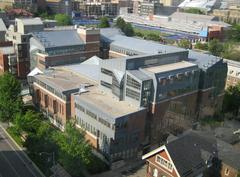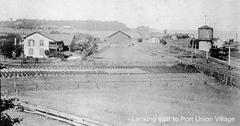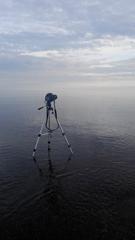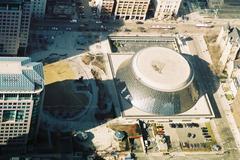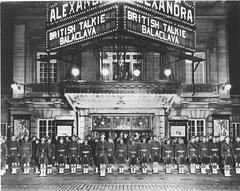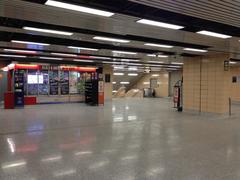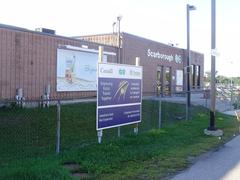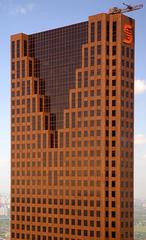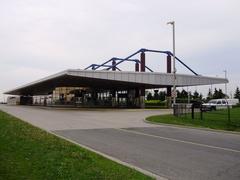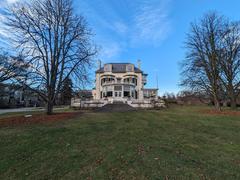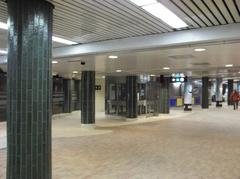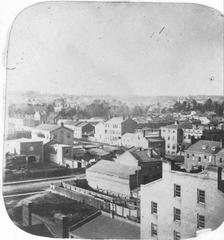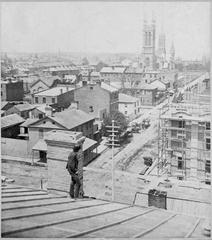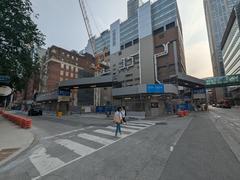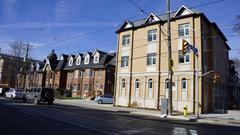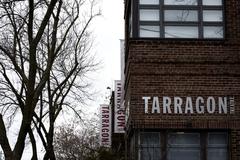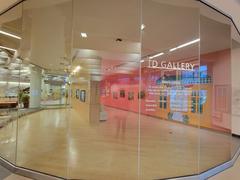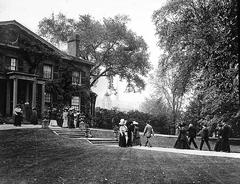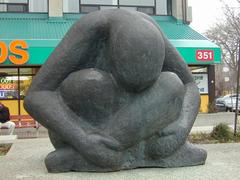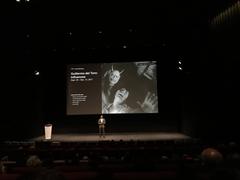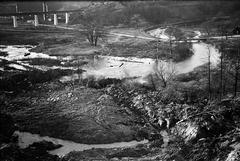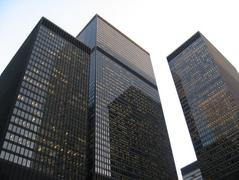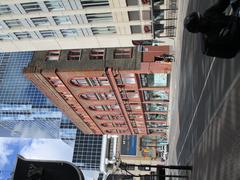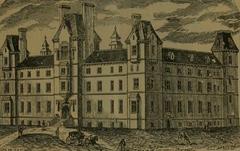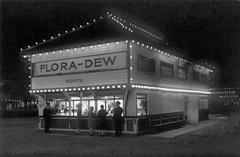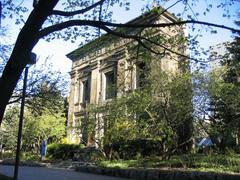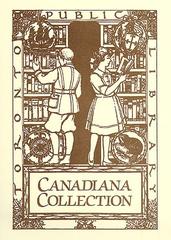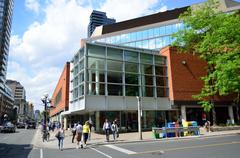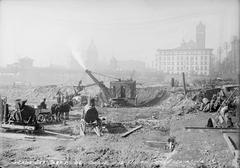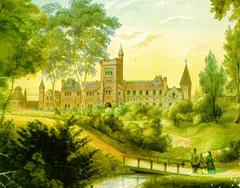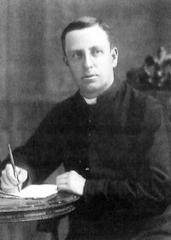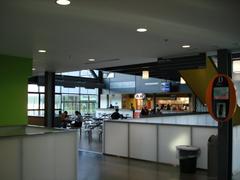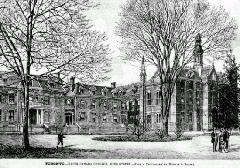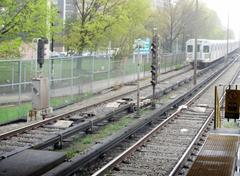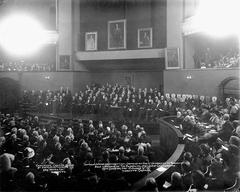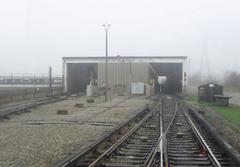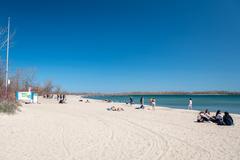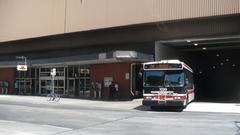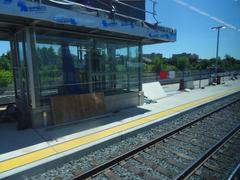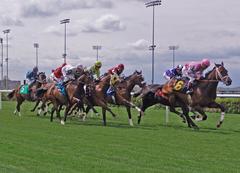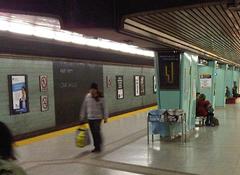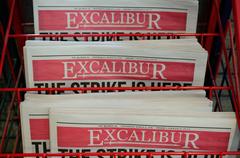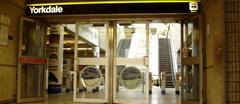Morningside Park Toronto Visiting Hours, Tickets, and Travel Guide
Date: 04/07/2025
Introduction
Morningside Park, located in Toronto’s Scarborough district, is a remarkable urban sanctuary that seamlessly blends natural beauty, cultural heritage, and community activity. Spanning approximately 241 hectares (596 acres), it stands as Toronto’s largest municipal park, serving as an ecological haven within the Highland Creek watershed. This guide offers an in-depth look at Morningside Park’s history, visiting hours, accessibility, amenities, travel tips, and the unique experiences awaiting visitors—from rich Indigenous history and vibrant wildlife to recreational activities and community events (Toronto Nature Stewards; TRCA).
Table of Contents
- Historical Background
- Environmental Significance
- Visitor Information
- Recreational Highlights
- Cultural and Community Engagement
- Travel Tips & Safety
- Nearby Attractions
- Frequently Asked Questions (FAQs)
- Conclusion & Call to Action
- References and Useful Links
Historical Background
Indigenous Presence and Early History
Long before European settlers arrived, the Highland Creek valley and its surrounding forests—now Morningside Park—were home to Indigenous peoples, including the Anishinaabe, Haudenosaunee, Wendat, and Williams Treaties First Nations. The area was rich in resources, with the creek providing salmon and acting as a vital travel route and gathering place. Archaeological sites, such as the Tabor Hill Ossuary, illustrate a continuous Indigenous presence dating back centuries. The name “Tkaronto,” the root of Toronto’s name, refers to “where there are trees in the water,” inspired by fishing weirs built by Indigenous communities (NOW Toronto; Toronto Nature Stewards).
Stewardship programs and ongoing projects in the park honor this history, inviting visitors to learn about and help protect its ecological and cultural legacy.
European Settlement and Urban Expansion
European settlement in the Highland Creek valley began in the late 18th and early 19th centuries, following land purchases that established Scarborough Township. By the mid-19th century, the Highland Creek village had become the area’s commercial hub, with mills, stores, churches, and residences. John Wilson’s sawmill, powered by Highland Creek, was a focal point until timber supplies dwindled. The remnants of this era, including foundations and a concrete dam, can still be found within the park (Hiking the GTA).
The valley’s steep slopes and wide floodplain served as a natural barrier to urban growth until the 20th century, shaping the development of Scarborough and Toronto.
Creation of Morningside Park
The devastation caused by Hurricane Hazel in 1954 led the Toronto and Region Conservation Authority (TRCA) to acquire floodplain lands for conservation and recreation, ensuring future protection of the Highland Creek valley (TRCA). In the 1960s, this effort merged city-owned Highland Creek Park with nearby TRCA lands, forming today’s Morningside Park.
The park not only preserves remnant forests, wetlands, and meadows but also provides a green corridor linking the University of Toronto Scarborough campus to Colonel Danforth Park and beyond (Wikipedia; BlogTO).
Environmental Significance
Largest Municipal Park & ESA Status
At 241 hectares (596 acres), Morningside Park is Toronto’s largest municipal park and is officially designated as an Environmentally Significant Area (ESA) (Wahi). This status recognizes the park’s critical role in protecting biodiversity, maintaining urban forest cover, and serving as a refuge for wildlife such as deer, foxes, herons, and regionally rare plants (TRCA).
Watershed Stewardship
Highland Creek, winding through the park, is central to its ecological value. The floodplain and wetlands help manage stormwater, reduce erosion, and improve water quality for the watershed. Restoration projects focus on invasive species removal, native habitat enhancement, and trail improvements, all supported by educational signage and volunteer events (Toronto Nature Stewards).
Visitor Information
Visiting Hours and Admission
- Hours: Daily from 6:00 AM to 11:00 PM (hours may vary slightly by season).
- Admission: Free, with no tickets required for general entry (City of Toronto Parks).
- Permits: Required for groups over 25, organized sports, or special events (City of Toronto).
Accessibility and Parking
- Parking: Multiple free lots are located near main entrances at Morningside Avenue and Ellesmere Road. Spaces can fill quickly on weekends.
- Public Transit: TTC routes 116 and 116A stop near park entrances (TTC website).
- Accessibility: Paved paths, accessible washrooms, and parking are available. Some natural trails may be uneven or steep.
Amenities and Facilities
- Picnic Sites: Over a dozen designated areas with tables and fixed charcoal grills. Large groups should reserve in advance.
- Washrooms: Available seasonally, mostly during spring through early fall.
- Playgrounds: Modern structures and shaded seating near picnic areas.
- Sports Fields: Soccer, baseball, and open areas for casual sports; permits needed for organized use.
- Drinking Water: Fountains available in warmer months; bring your own water outside of peak season.
- Dog Policy: Dogs are welcome but must be kept on leash.
Recreational Highlights
Trails and Pathways
Morningside Park features an extensive network of multi-use trails. The main paved trail parallels Highland Creek and connects to the Waterfront Trail and Pan Am Path (TRCA). Secondary trails lead into wooded areas, offering a more secluded hiking experience. Trails are well-marked, suitable for all ages and fitness levels, and popular with birdwatchers and nature enthusiasts.
Picnic and Play Areas
Designated picnic sites are equipped with tables and charcoal grills (propane and open fires are not permitted). Playgrounds provide family-friendly recreation, while open fields are perfect for informal games.
Sports and Seasonal Activities
Sports fields accommodate soccer, baseball, and cricket. In winter, some trails are suitable for cross-country skiing and snowshoeing, offering outdoor fun year-round.
Cultural and Community Engagement
Indigenous Gathering Space
In 2025, Toronto City Council approved funding for a new Indigenous outdoor gathering space, created in partnership with the TRCA and guided by Indigenous stakeholders (City Council Decision, 2025.MM28.7). This space will host ceremonies, educational programs, and community events, furthering reconciliation and cultural recognition.
Annual Events
The Highland Creek Salmon Festival celebrates the fall salmon run with educational programming and conservation activities (Wahi). Other seasonal events include guided nature walks, community picnics, and cultural workshops.
Educational Opportunities
Interpretive trails and signage highlight the park’s ecological features and Indigenous heritage (Stefan Bolliger Associates). Conservation education is integrated into events and outreach programs.
Travel Tips & Safety
- Best Time to Visit: Spring through fall for pleasant weather, wildflowers, and festivals. Early mornings and weekdays are quieter.
- What to Bring: Comfortable shoes, water, snacks, sun protection, insect repellent, and charcoal for barbecues.
- Weather: Check the forecast; trails may be muddy after rain or snow (Travellers Worldwide).
- Safety: Stay on marked trails, keep pets leashed, and supervise children near water. Emergency call boxes and city staff patrols enhance safety (Lonely Planet).
- Environmental Responsibility: Dispose of litter properly, do not pick plants, and respect restoration areas.
Nearby Attractions
Morningside Park’s location provides easy access to other Scarborough highlights:
- Scarborough Bluffs
- Rouge National Urban Park
- Toronto Zoo
- University of Toronto Scarborough campus
Shops and dining can be found along Morningside Avenue and Kingston Road.
Frequently Asked Questions (FAQs)
Q: What are the park’s visiting hours?
A: Open daily from 6:00 AM to 11:00 PM, year-round.
Q: Is there an entrance fee or ticket required?
A: No, the park is free to enter and does not require tickets.
Q: Are pets allowed in the park?
A: Yes, dogs must be kept on a leash.
Q: Are the trails and facilities accessible?
A: Main paths, washrooms, and parking are accessible. Some natural trails may be challenging for wheelchairs or strollers.
Q: Are permits needed for group events or sports fields?
A: Yes, permits are required for groups over 25 or for reserving sports fields (City of Toronto).
Q: Can I barbecue in the park?
A: Charcoal barbecues are allowed in designated areas; bring your own charcoal. Gas grills and open fires are not permitted (ShunGrill).
Conclusion & Call to Action
Morningside Park is Toronto’s premier urban green space—offering a harmonious blend of ecological diversity, cultural heritage, and recreational opportunity. With free admission, accessible facilities, and year-round events, it’s an ideal destination for locals and tourists seeking outdoor adventure, education, or tranquility. For the latest updates on park hours, events, and conservation projects, download the Audiala app and follow us on social media. Explore related guides to discover more of Toronto’s parks and heritage sites.
Plan your visit today and experience the unique charm and history of Morningside Park!
References and Useful Links
- Toronto Nature Stewards
- NOW Toronto
- Hiking the GTA
- Wikipedia - Morningside Park
- BlogTO
- TRCA - Morningside Legacy Project
- TRCA - Origin of Morningside Park
- Wahi Neighbourhood Guide
- MyPacer Park Overview
- City of Toronto Parks
- City Council Decision, 2025.MM28.7
- Lonely Planet
- Ontario Away
- ShunGrill
- Travellers Worldwide
